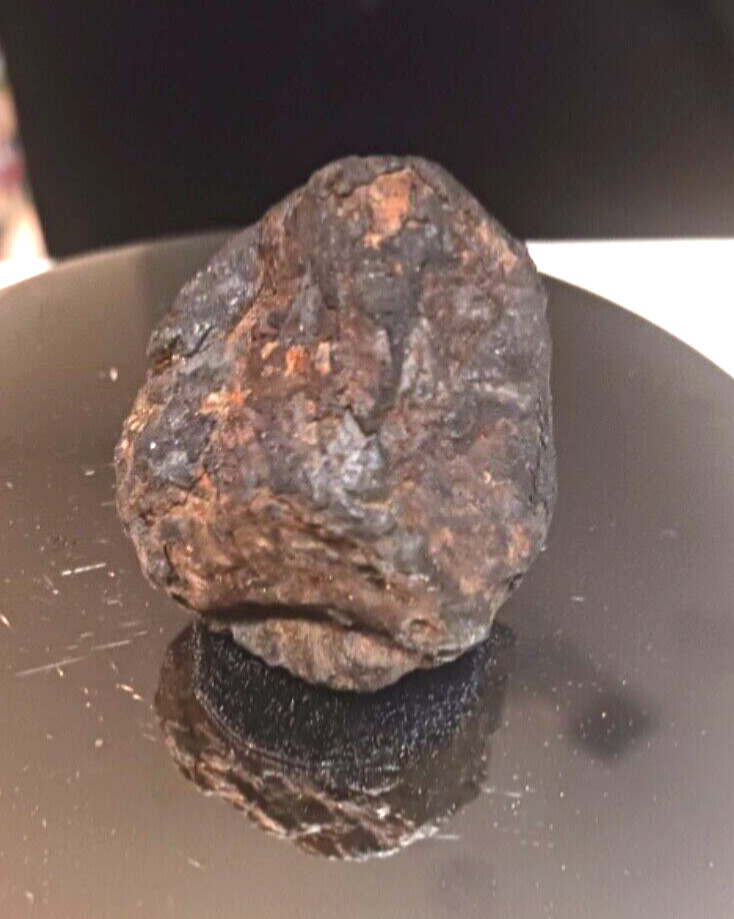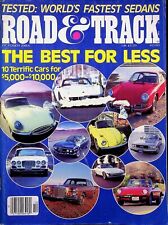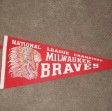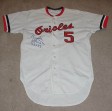When you click on links to various merchants on this site and make a purchase, this can result in this site earning a commission. Affiliate programs and affiliations include, but are not limited to, the eBay Partner Network.
GenuineRussian 2013 Meteoritediscovered days after the fall in
Chelyabinsk, Russia. 47. 7 gm (large) Feb. 15, 2013Guaranteed authenticChelyabinsk MeteoriteFrom Wikipedia, the free encyclopediaJump to navigationJump to searchNot to be confused withChelyabinsk meteor.ChelyabinskLargest fragment of the meteorite at the exhibition of The State Museum of the South Ural History.TypeOrdinary chondriteLL5[1]Shock stageS4[2]Weathering fallYesFall date15 February 2013, 09:20YEKT(UTC+06:00)Found date27 February 2013TKWapproximately 1,000kg (2,200lb)[3]Strewn fieldYesRelated media on Wikimedia Commons
TheChelyabinsk метеорит,Chelyabinskii meteorit) is the fragmented remains of the largeChelyabinsk meteorof 15 February 2013 which reached the ground after the meteor's passage through theatmosphere. The descent of the meteor, visible as a brilliantsuperbolidein the morning sky, caused a series ofshock wavesthat shattered windows, damaged approximately 7,200 buildings and left 1,500 people injured.[4][5]The resulting fragments were scattered over a wide area.
The largest fragment raised from the bottom ofLake Chebarkulon 16 October 2013 had a mass of 540kg (1,190lb)[6]and the total mass of other 7 meteorite fragments found nearby was 84.4kg (186lb).[6]
- Composition and classification
[edit]
The meteorite has been classified as an LL5ordinary chondrite. First estimates of its composition indicate about 10% ofmeteoric iron, as well style="margin: 0.5em 0px; caret-color: rgb(32, 33, 34); color: rgb(32, 33, 34); font-family: sans-serif; font-size: 15px; animation-delay: -0.01ms !important; animation-duration: 0.01ms !important; animation-iteration-count: 1 !important; transition-duration: 0ms !important;">The impacting asteroid started to brighten up in the general direction of thePegasus constellation, close to the East horizon where the Sun was starting to rise.[9]The impactor belonged to theApollogroup ofnear-Earth asteroids.[9][10]
The asteroid had an approximate size of 18m (59ft) and a mass of about 9,100t (10,000 short tons) before it entered the denser parts of Earth's atmosphere and started toablate.[11]At an altitude of about 23.3 km (14.5 miles) the body exploded in ameteor air burst.[11]Meteorite fragments of the body landed on the ground.[12][13]
Analysis of three fragments usingoptical microscopy,electron microscopy,Raman spectroscopy, andisotopic compositiontechniques used to date Solar System objects, showed the isotopic clocks in the asteroids ratios) appear to have partially or totally reset in past collisions. The isotopic clock resets may result from thermal effects changing isotopic ratios, and changes to cosmic radiation exposure. The asteroid appears to have had eight major collisions, around 4.53, 4.45, 3.73, 2.81, and 1.46 billion years ago, then at 852, 312, and 27 million years ago.[14][15]
Meteorite[edit]
Scientists collected 53 samples from near a 6-metre-wide hole in the ice ofLake Chebarkul, thought to be the result of a single meteorite fragmentimpact. The specimens are of various sizes, with the largest being 5kg (11lb),[16]and initial laboratory analysis confirmed their meteoric origin.[1]
In June 2013, Russian scientists reported that further investigation by magnetic imaging below the location of the ice hole in Lake Chebarkul had identified a 60cm-large (2ft) meteorite buried in the mud at the bottom of the lake. An operation to recover it from the lake began on 10 September 2013,[17]and concluded on 16 October 2013, with the raising of the rock with the mass of 540kg (1,190lb).[6]It was examined by scientists and handed over to the local authorities,[18][19]who put it on display at the Chelyabinsk State Museum of Local Lore, causing protests from the followers of the recently established "Church of Chelyabinsk Meteorite".[20]
In the aftermath of the superbolide air burst, a large number of small meteorite fragments fell on areas west of Chelyabinsk, including Deputatskoye, generally atterminal velocity, about the speed of a piece of gravel dropped from a skyscraper.[12]Local residents and schoolchildren located and picked up some of the meteorites, many located in snowdrifts, by following a visible hole that had been left in the outer surface of the snow.Speculatorsbecame active in the informalmarketfor meteorite fragments that rapidlyemerged.[12]










